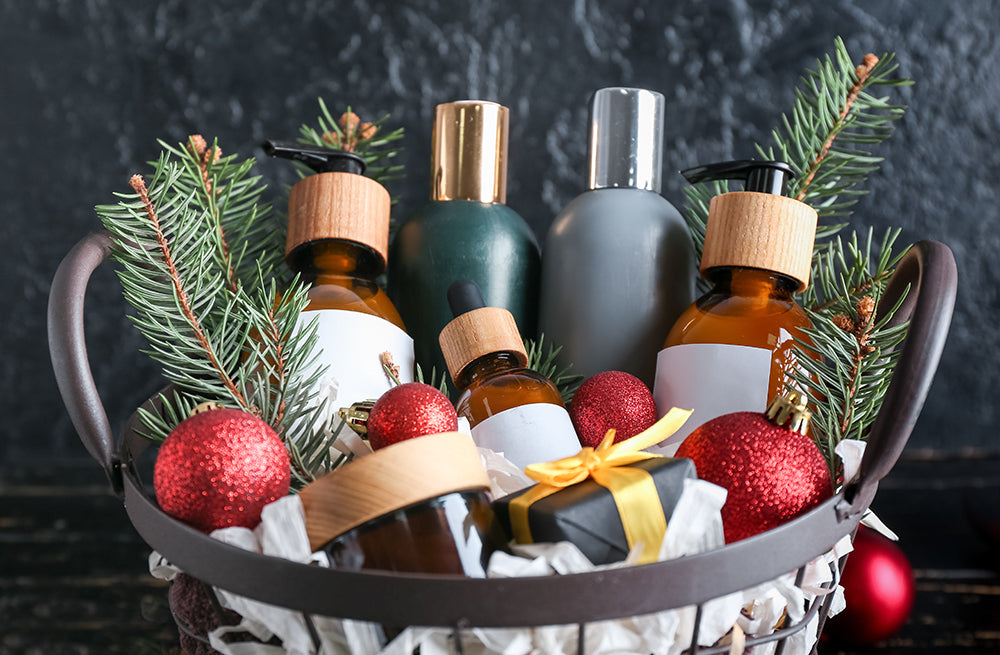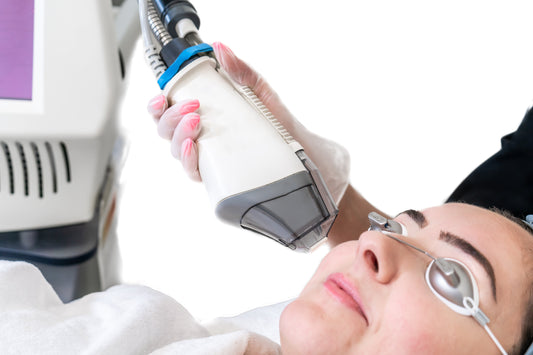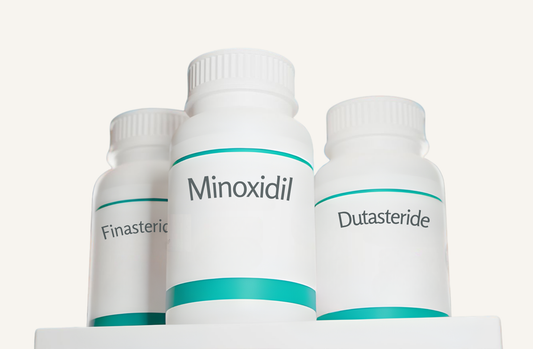As the days become shorter and temperatures plummet, you may want to make some adjustments to your skincare routine. The combination of cold outdoor air and indoor heat robs skin of its moisture, which may leave it red, raw, and overly dry.
To help prepare your skin for the harshest conditions of the year, Dr. Anthony Nuara, MD PhD FAAD is here to recommend which products you should add to your winter skincare routine and which ones you should avoid.
Understanding Winter Skin Challenges
The cold winter months are notorious for compromising your skin health, making it feel dryer, tighter, or maybe even flaky and itchy. Cold air tends to hold less moisture than warm air, which is reflected on your skin, and more time spent indoors means exposing your skin to artificially heated air, which dries it out even more. Even sitting by a cozy fire can strip your skin of its natural oils. In addition to zapping your skin’s moisture, cold outdoor air and dry indoor air can also aggravate skin conditions like eczema, psoriasis, or rosacea, or trigger flare-ups.
You may also notice that your skin is more sensitive. Your lips might chap more easily, your heels might crack, or you might forget to wear sunscreen, resulting in a sunburn. Maybe products you swore by the whole year, like that light moisturizer or your wrinkle-fighting retinol, don’t seem to work as well anymore. If any of this sounds familiar, you may want to overhaul your skincare routine.
Products to Add to Your Winter Skincare Routine
When devising your winter skincare routine, focus on retaining moisture. Add the following products to your regimen to beat dryness, redness, and even winter acne, which occurs when your skin increases sebum production in response to cold, dry air.
Recommended winter skincare products:
- Foundation Skincare Hyaluronic Acid Lotion: Hyaluronic acid is suitable for use all year, but it’s especially helpful in the winter months because it helps to draw moisture in as a powerful humectant. It can be reapplied to the face several times a day to maintain dewy, healthy-looking skin. In one study, patients who experienced rosacea flare-ups seasonally had less redness and fewer flare-ups when they used hyaluronic acid.1
- FS Niacinamide Lotion 10%: If you have acne-prone skin, niacinamide can help reduce breakouts by soothing inflammation and balancing sebum production. Niacinamide also increases ceramide production to further retain moisture.2
- FS Azelaic Acid 14% Cream: This medical-grade product offers the highest concentration of the active ingredient available without a prescription. Not only is it a powerhouse when it comes to fading hyperpigmentation and clearing up acne, but it also helps to repair the skin barrier to better hydrate skin.3
- FS Vitamin C Lotion 20%: This dual formulation combines 20% Vitamin C with a hydrating base to increase barrier lipids for more moisture and protect your skin from environmental stressors.
- FS Night Renewal Cream with 2% Granactive Retinoid: It’s recommended to use retinoids in the fall and winter months when there isn’t much sun exposure. This product helps to brighten the appearance of dark spots, increase collagen production, and visibly improve skin texture. Though this formulation contains aloe leaf juice, shea butter, and other plant-based botanicals to be gentle enough for sensitive skin, you should always monitor for dryness or irritation when using retinoids, especially if you’ve never used this type of product before.
- Sunscreen with SPF 30+ (50 preferred): Many people tend to forget about sunscreen during the winter months, but it’s important all year. Remember, UV rays can penetrate the skin even on a cloudy day.
- Lip balms with sunscreen: Heal dry, chapped lips while protecting them from UV damage by opting for a quality lip balm with sunscreen.
Avoiding Harmful Products in the Winter
During the winter, it’s recommended to avoid products that will further dry out skin or cause irritation. This includes alcohol-based toners, clay masks, and soap with strong fragrances. Exfoliators are okay to use as long as you do so sparingly. And while retinoids can be a powerful part of your skincare routine in reducing wrinkles and fine lines, this ingredient may be more difficult to use during this time of year if your skin is sensitive, especially prone to dryness, or easily irritated.
Skincare for Sensitive Skin
If you have sensitive skin, it’s likely to become even more vulnerable during the winter months. While most of the products in the Foundation Skincare collection can be layered, we recommend introducing new products into your winter skincare routine one product per week or over the course of two weeks to minimize the risk of irritation. Remember to moisturize your whole body and reapply sunscreen often to further protect your skin if you’re headed outdoors.
Acne-Prone Skin
As stated above, niacinamide and azelaic acid are helpful for those dealing with acne. To fully benefit, consider using niacinamide and azelaic together by first applying FS Niacinamide Lotion 10%, and then follow up with FS Azelaic Acid 14% Cream. Then you may want to add a layer of FS Vitamin C Lotion 10% and seal in moisture with FS Hyaluronic Acid Lotion, layering products from thinnest to thickest.
Aging Skin
For aging skin, we’d typically recommend a product like FS Night Renewal Cream with 2% Granactive Retinoid, but this may be too harsh during the winter months, so monitor your skin for dryness or irritation if you decide to use this product. Other products like FS Niacinamide Lotion 10% and FS Vitamin C 20% can be useful in fighting signs of aging by increasing collagen synthesis. And remember that many signs of aging are due to sun exposure, so don’t forget to slather on that sunscreen every day.
Additional Winter Skincare Tips
While topical products are incredibly useful in protecting your skin in the winter, there are other steps you can take to minimize dryness and irritation.
Here are some additional winter skincare tips to consider:
- Use a humidifier in your bedroom to keep air (and your skin) hydrated and moist.
- On cold days, a hot bath or shower can feel heavenly, but hot water can also strip skin of its natural oils. Try not to overdo it with the heat or spend too much time submerged. And when you’re done, pat dry before moisturizing.
- Set your thermostat to be comfortable and warm, but not too warm. Try not to exceed 75 degrees F.
- Drink plenty of water, which also helps to keep your skin hydrated and radiant.
The winter season demands a thoughtful approach to skincare, which can be achieved with the right products and winter practices. Browse Foundation Skincare’s full collection to tailor your skincare routine and find more tips on caring for your skin in the FS Journal.





